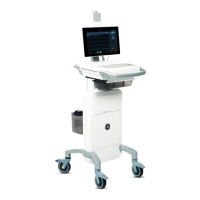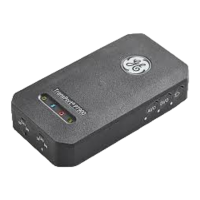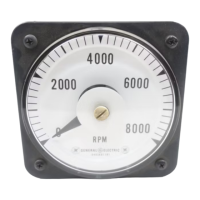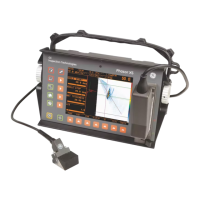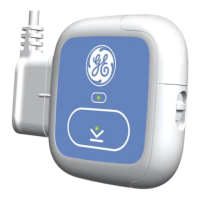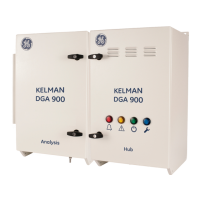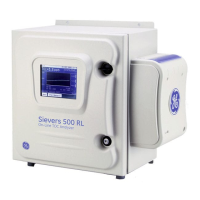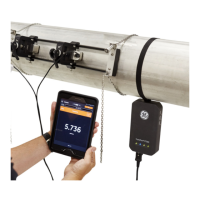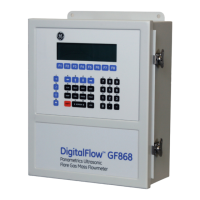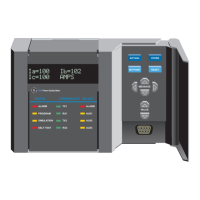Features and Capabilities 1-3
January 2006
Input/Output Capability Available inputs and outputs include the following:
• 4-wire Resistance Temperature Detector (RTD) input
• 4–20 mA and 0–5 VDC Pressure Sensor inputs
• two simultaneous analog outputs, each with 4–20 mA and 0–5
VDC capability
• two independent alarm relays (Form C, 5 Amp)
• serial communications port
• Ethernet 10BaseT (on VGA Optica only)
The Optica uses the GE Infrastructure Sensing patented
Programmable Automatic Contaminant Error Reduction (PACER)
system to insure measurement accuracy.
Detailed specifications for the Optica are given in Appendix A.
The System
System Components A complete Optica system consists of the following items:
System Planning The Optica can be used for a wide variety of measurement
applications, including the measurement of dew points of gasses that
are at pressures that exceed the measurement range of GEI’s sensors.
In this situation be sure to check the section Process Pressure on
page 3-4 for installation planning.
Sensors The Optica can be configured with a chilled-mirror dew point sensor.
The specific sensor is chosen according to the expected dew point
range and the environment in which the dew point is to be
determined. In addition, the Optica can be configured with a
temperature and/or pressure sensor. GE Infrastructure Sensing
provides the following sensors for various applications:
• Electronic monitor • Temperature sensor (optional)
• Dew point sensor • Pressure sensor (optional)
• Interconnecting sensor cable • Maintenance kit
• AC line cord • User’s Manual
• Certification that the unit is traceable to the National Institute
of Standards and Technology (Certificate of Conformance)
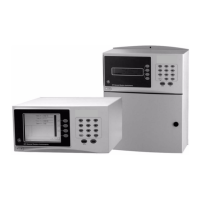
